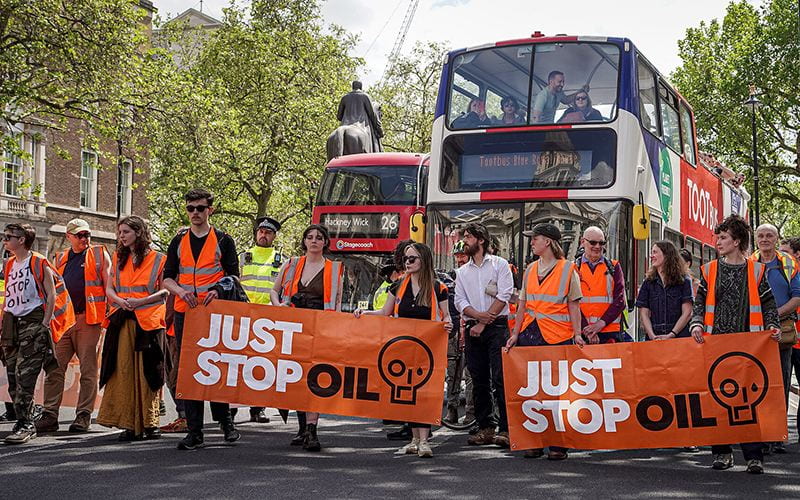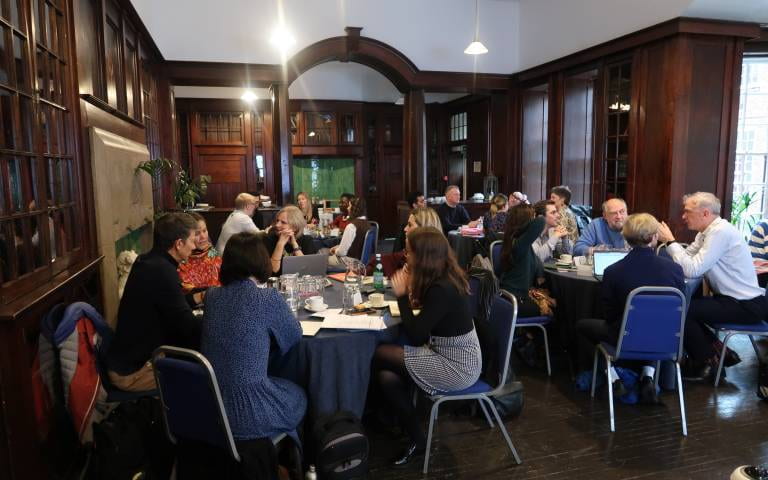Who are climate activists and why do they risk so much?
By Blog Editor, IOE Digital, on 7 December 2023

Credit: Alisdare Hickson via CC BY-SA 2.0.
7 December 2023
By Lisa Fridkin and Katie Quy
Polling in the UK suggests growing public concern about climate change. For some of us, this concern may feel relatively abstract; we puzzle through, trying to make sense of ever more common stories – or direct experience – of heatwaves, flooding and loss of habitats, set against a dogged focus on economic growth and the issuing of new licences for oil and gas (when the IPCC tells us cutting fossil fuel use is essential). Controversies surrounding the COP28 presidency may have generated similar confusion. Alongside this, we have mainstream media cultivating a particular and negative stereotype around climate activists and engagement in non-violent direct action (NVDA). Our research, however, shows that these activists are not who the media would have us think they are. (more…)
 Close
Close



